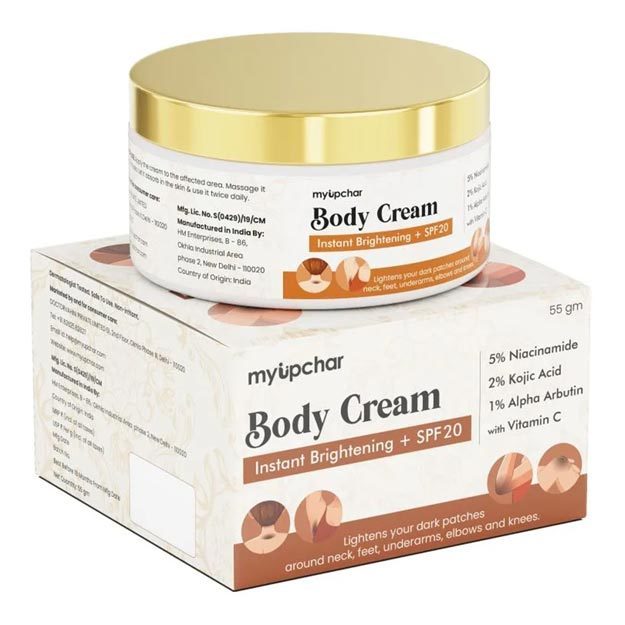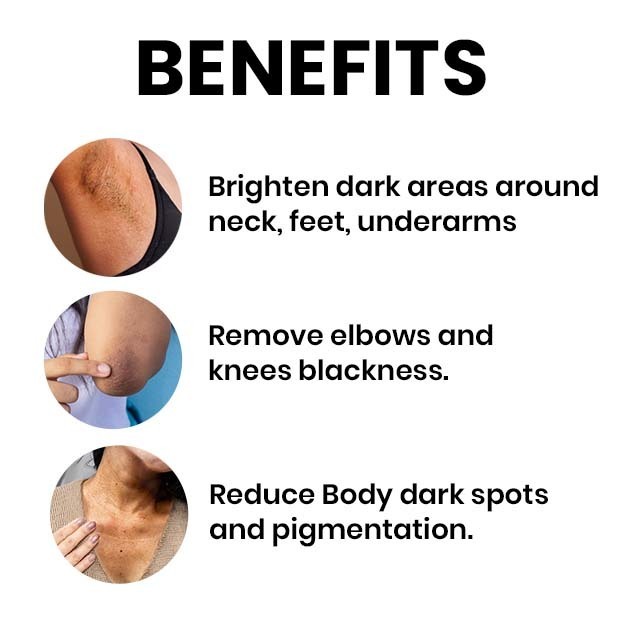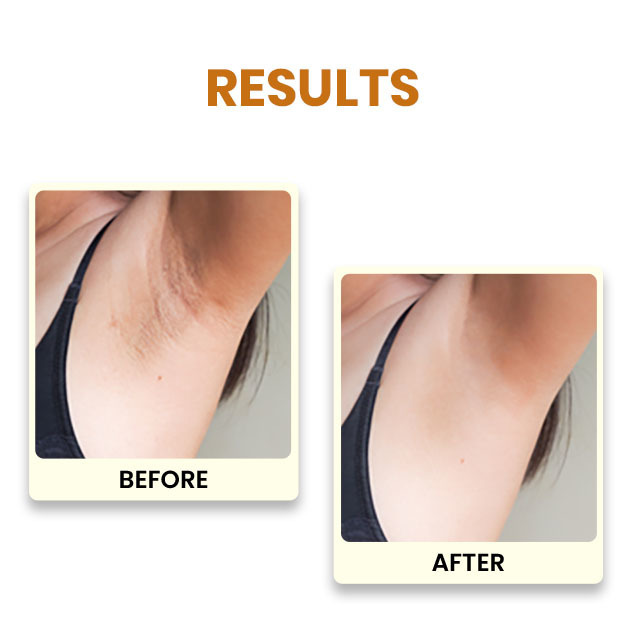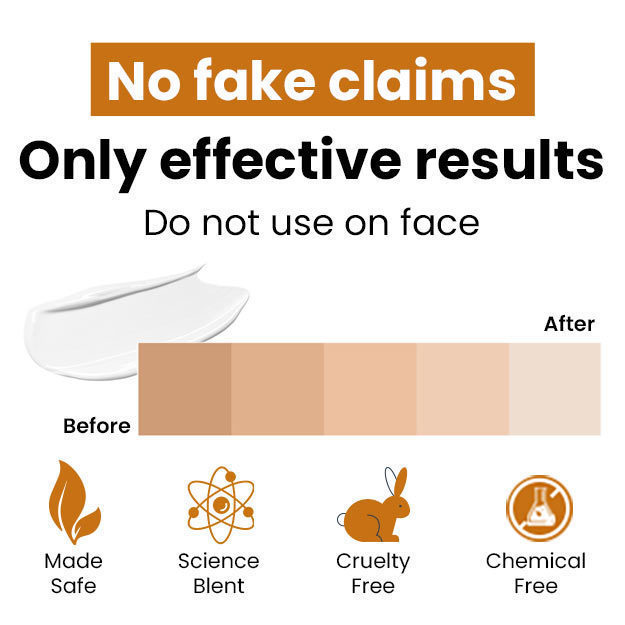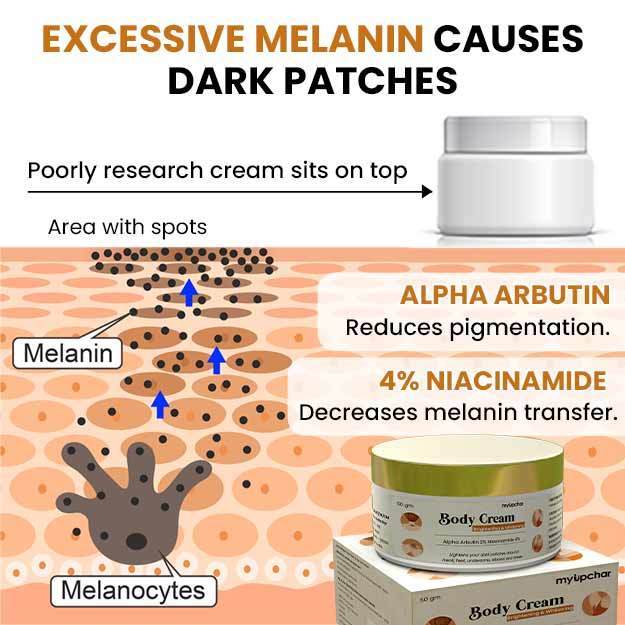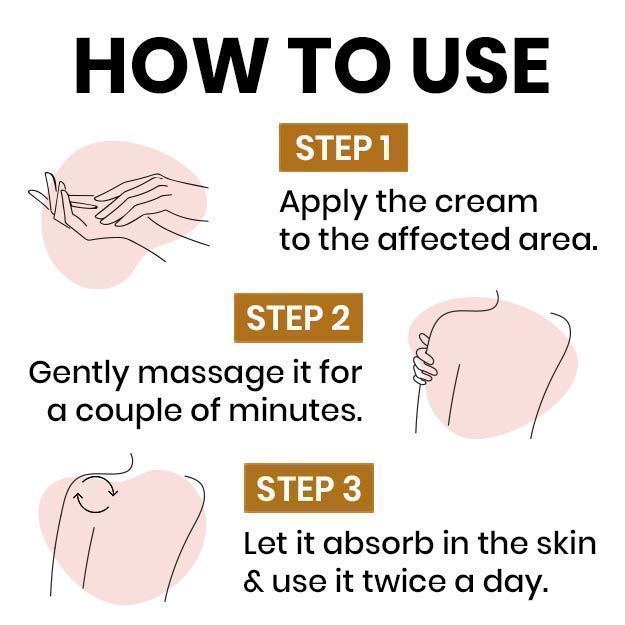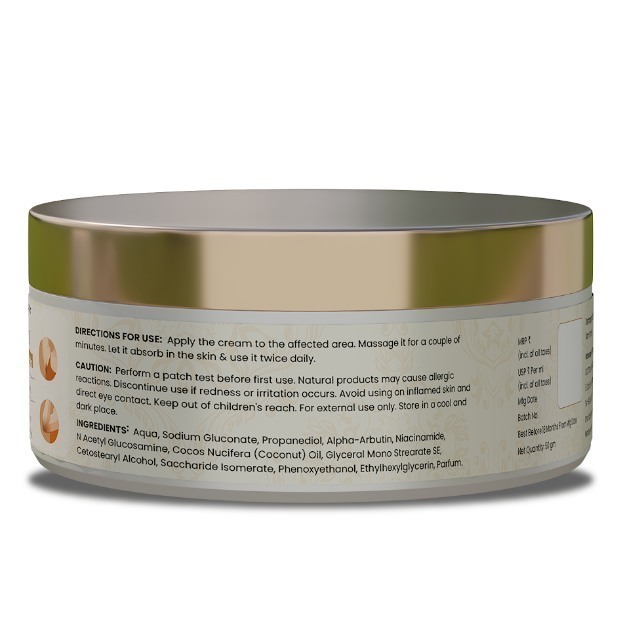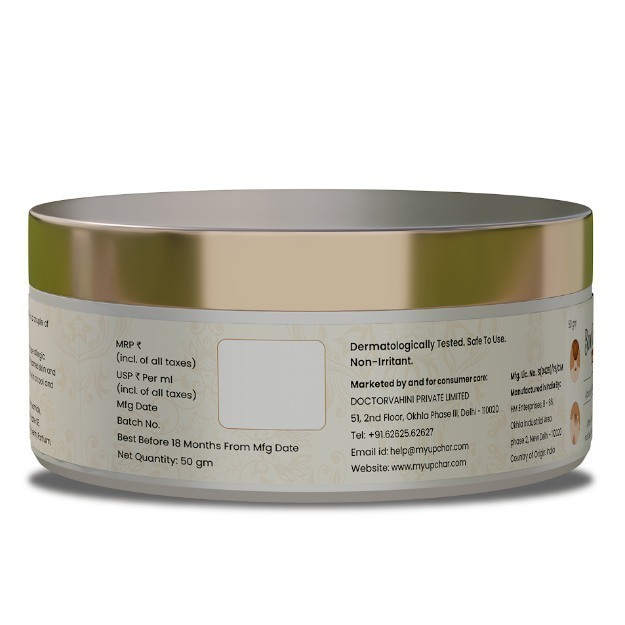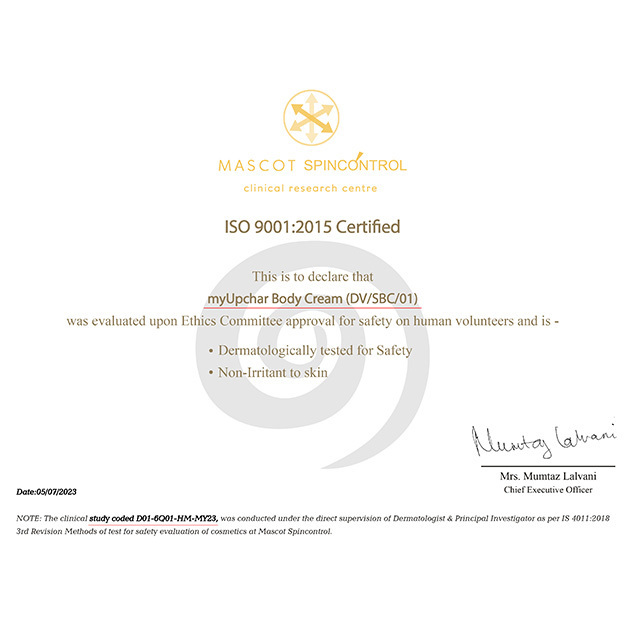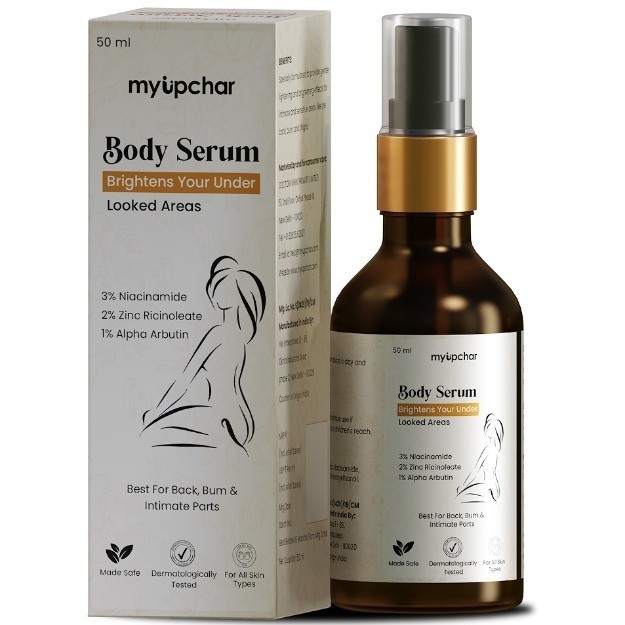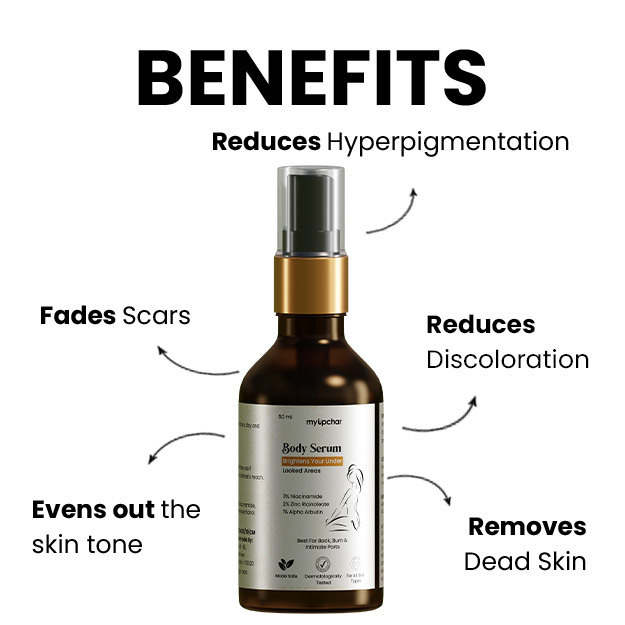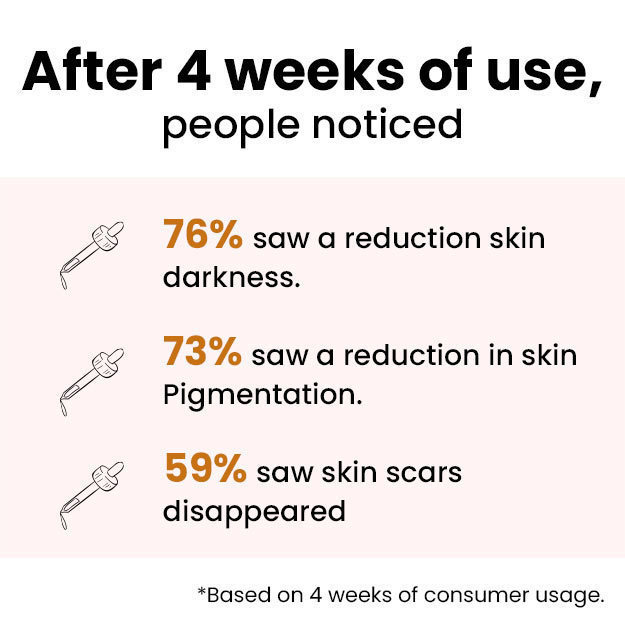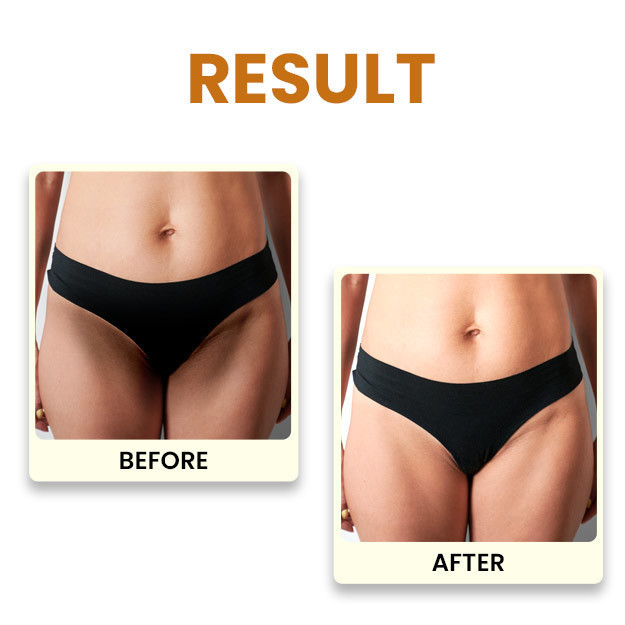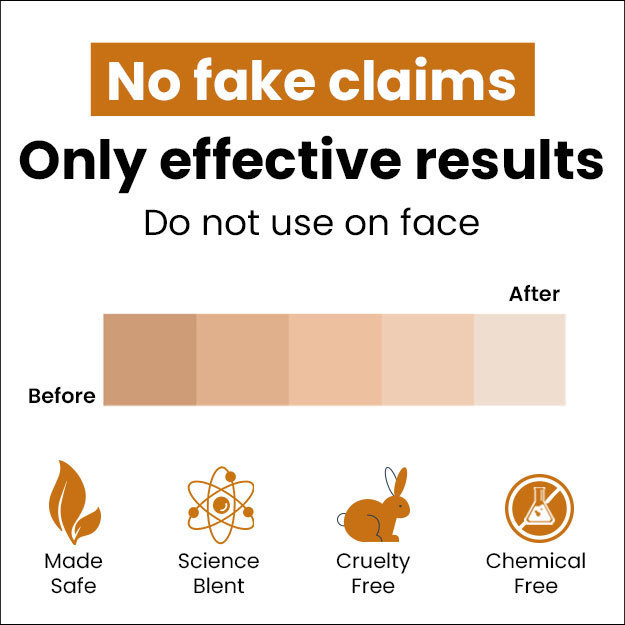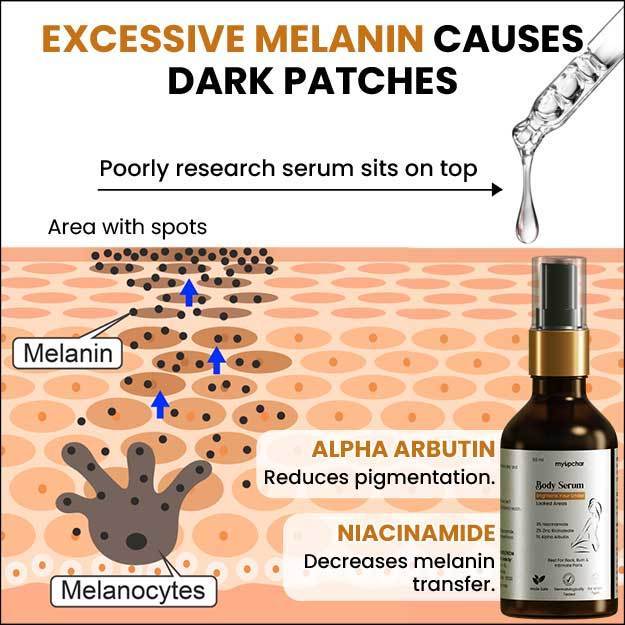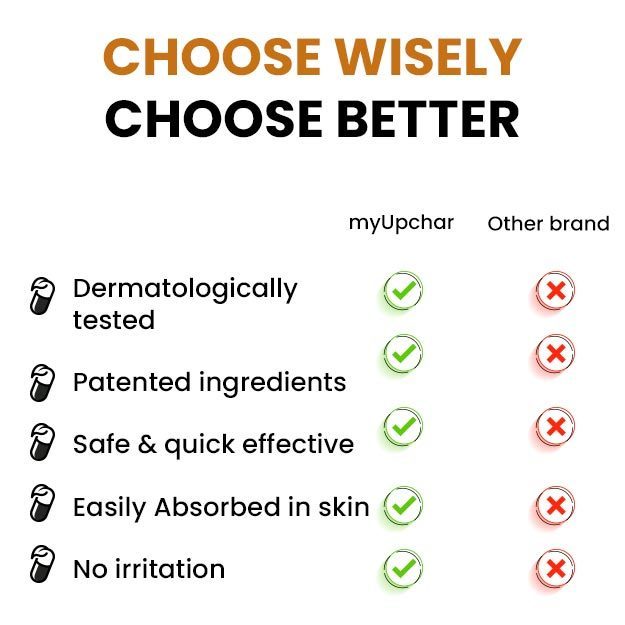Summary
Whitening of the vagina appears to be the latest trend in vaginal rejuvenation. Although the genitals naturally appear darker than the rest of the body parts, you might be tempted to lighten the tone of your vaginal skin. A number of reasons contribute to the darkening of the genitals, such as hormonal changes, friction with undergarments, excessive use of hair removal creams, talcum powder and so on.
But, does darkness of the vagina really matter? Probably, it is vaginal health and hygiene that matters more regardless of the aesthetics and colour. If you maintain good vaginal hygiene and your vagina is generally free of any symptoms, there is no reason you must care about its colour and fall for any cosmetic treatments.
Anyhow, you can make your vagina whiter by removing hair with the right hair removal agents. This will also facilitate the removal of unwanted dead skin around the vagina, making it appear lighter. You should not opt for other chemical treatments. If at all you use them, it is imperative to be careful while using such products, as the skin of the vagina is very sensitive. You may be allergic to such preparations and may end up having irritation and rashes.
Laser treatment is also a commonly used technique. As with chemical treatments, this process is not 100% safe and may result in scarring. Not to mention that these might be pretty expensive as well. So, do not believe every word in advertisements and trust all products. It is always better to seek advice from your dermatologist or aesthetic gynaecologist and have a complete understanding of the available options, so that you can make an informed decision if at all you opt for it.





